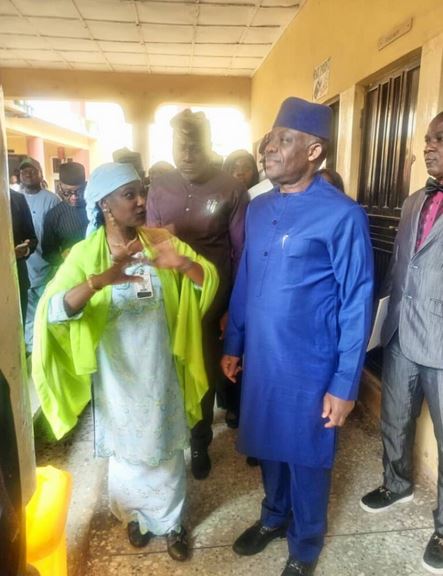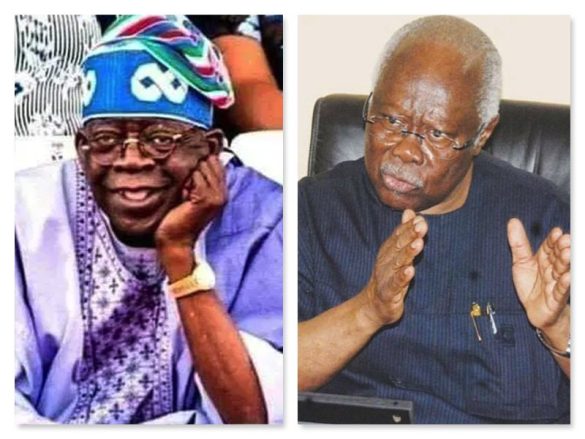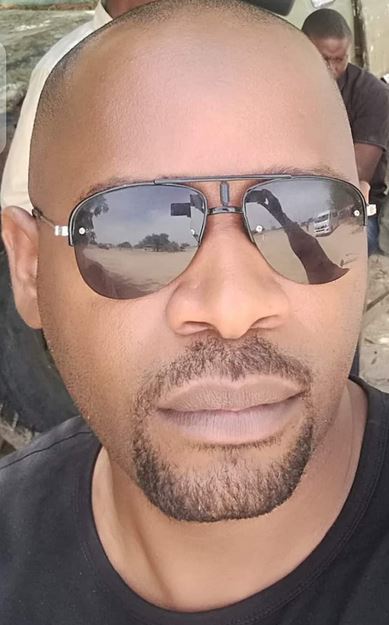Minister of State for Health and Social Welfare, has revealed the the Federal Government has finally approved a 50% electricity subsidy for public hospitals in Nigeria.
This gesture aims to reduce the running costs for public hospitals and alleviate the impact on patients, the minister said.
Speaking at the National Neo-Psychiatric Hospital in Barnawa, Kaduna, Dr. Tunji also commissioned the Electronic Health Records and Alternative Power Supply at the Lawal Jafaru Isah Emergency Complex and the solarization project at the dialysis unit, which includes a solar-powered borehole and a 10.2 KVA inverter with a lithium battery at the Abdulkareem Jika Yusuf COVID-19 Intervention Centre.
The minister also announced plans to rename the hospitals as Specialist Hospitals to broaden healthcare service delivery.
“We are going to change the names of our Federal Hospitals to Specialist Hospitals to expand care delivery and destigmatize hospitals so that everybody can come here. While the core services will remain psychiatric, this re-naming will allow for the continuous expansion of services,” he said.
Dr. Alausa expressed confidence in Dr. Aishatu Yusha’u Armiyau, the Hospital Chief Medical Director, stating that the hospital’s success reflects the promises made by President Bola Ahmed Tinubu during his campaign.
At the National Eye Care Centre where he also commissioned the Dr. G.O Adejor Optical Showroom and the Dr. M.B Alhassan Diagnostic and Laser Unit, Dr Alausa noted that the warning strike by the Resident Doctors is complicating efforts to secure the release of kidnapped doctor Ganiyat Popoola from the hospital staff quarters.
Dr. Alausa appealed for calm and assured the hospital management that the abducted doctor will return soon.
Regarding the mass exodus of medical staff to other nations, he mentioned a strategy to engage medical personnel in the Diaspora.
Despite the inherited structural challenges, he assured that the President is actively engaging state governments to expand projects on Health Science Universities, aiming to increase health sciences enrollment from 24,000 annually to 100,000.
Earlier, Dr. Aminatu Abdulrahman, Acting Chief Medical Director of the National Eye Centre, mentioned that the centre, established in 1979, provides specialist eye care services, training, and research for Nigeria.
The hospital, which has 300 beds on 514 hectares of land, receives referrals from all 36 states of Nigeria, the Federal Capital Territory, and neighboring countries.
With a total of 640 staff—369 clinical and 281 non-clinical—Dr. Abdulrahman reported that approximately 53,406 outpatients were attended to and 4,653 surgeries were performed in 2023.




